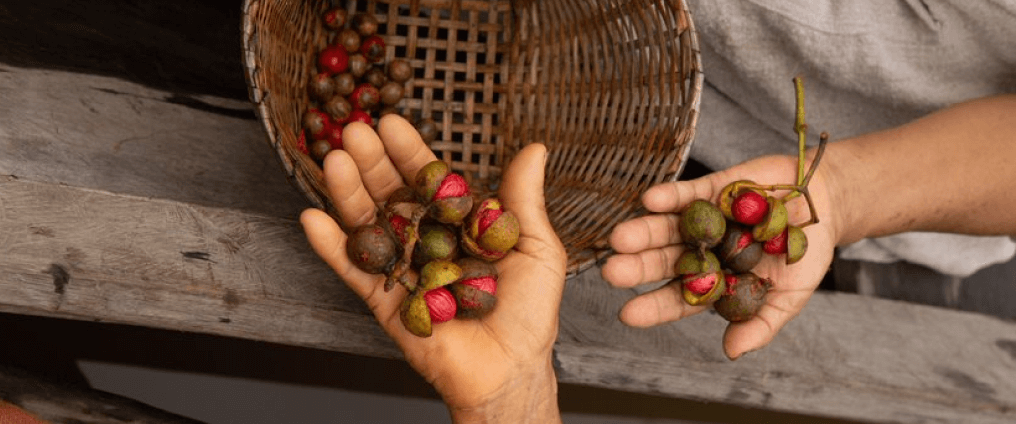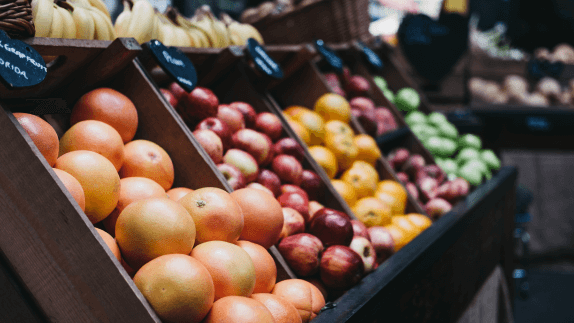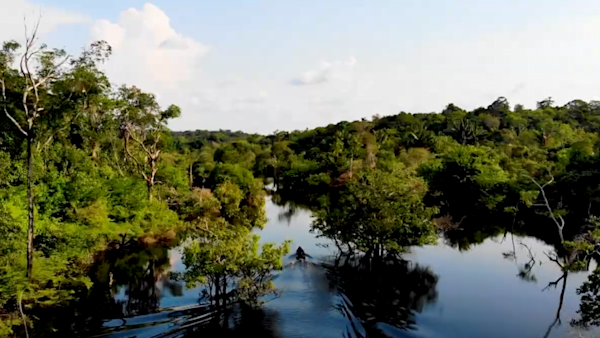name:
Natura Brazil
“Helping to protect the Amazon is not just about principles or ideals. We’re talking about economic value.”
- João Paulo Ferreira, Natura’s chief executive
Natura is South America’s largest cosmetic company. The brand became global when it recently purchased Avon products, making it one of the largest beauty companies in the world.
Natura produces a huge range of products including soaps, creams, and shampoos, all of which rely on the rich biodiversity of the Amazon for ingredients and materials, as well as the ‘bio-intelligence’ of the local communities. The company’s supply chain includes almost 40 types of ‘biodiversity assets’ (plant-derived ingredients) and the involvement of about 7000 families.
Natura has helped conserve 2 million hectares of rainforest
A key element of Natura’s business model is the concept of the ‘standing forest’ economy. In simple terms, this means that a tree has much more economic value standing up than being cut down. This philosophy has preserved over 2 million hectares of the Amazon rainforest, with the goal of increasing this area to 3 million hectares by 2030. This supports the third principle of the circular economy
How the standing forest economy works
One ucuuba tree (virola sebifera), can be cut down to supply timber for broomsticks and earn a farmer USD 5. However, the same tree can be harvested for its red seeds which are rich in fatty acids and provide natural hydrating ingredients. By harvesting seeds rather than timber, farmers can earn about USD 15 per tree, and the next year, it will still be standing to supply another USD 15 harvest.
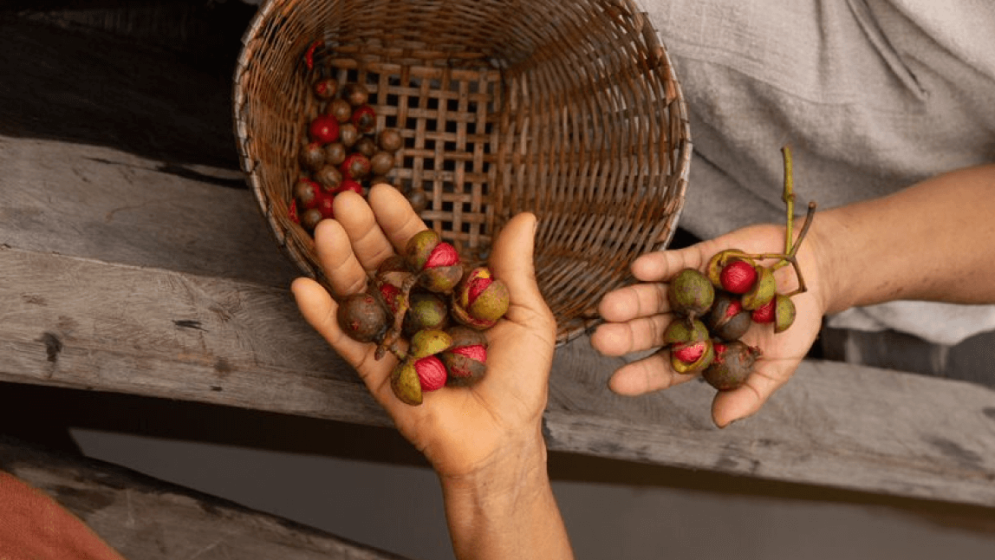
Putting the concept into practice
Natura uses the Ucuuba seeds for Ekos, one of their skin moisturising product lines.
This arrangement sees tree species saved, ensures food and shelter for local animals, and the local community is incentivised to preserve their trees as a new source of revenue.
Incorporating natural, innovative ingredients into the development of a new product line can take up to a decade of research. The process combines the intelligence of indigenous Amazonian communities (‘bio-intelligence’) with cutting-edge gene and protein science.
Despite the time and money, Natura continues to invest, recognising that the potential for the Amazon's bioeconomic wealth is invaluable.
In 2011, Natura developed an inclusive business model to :
Leverage traditional community knowledge
Give a value on renewable rainforest ingredients
Help conserve the world’s biggest tropical rainforest
Since 2011, Natura has invested over BRL 2.1 billion (approx USD 429 million) in these types of businesses in the region, and in 2014, it became the largest company to receive B-Corp certification. But as Natura’s Chief Executive observes: “It’s not just about not just about principles or ideals. We’re talking about economic value”.
Focusing on biodiversity is good for the bottom line
In an ever more crowded marketplace, brands that can offer products that match the values of their customers can gain a competitive advantage. In this context, Natura views the biodiversity of Brazil as a source of technological innovation to meet the demand for new nature positive products. Natura provides customer satisfaction by offering a product that empowers them to support wildlife and habitat conservation.
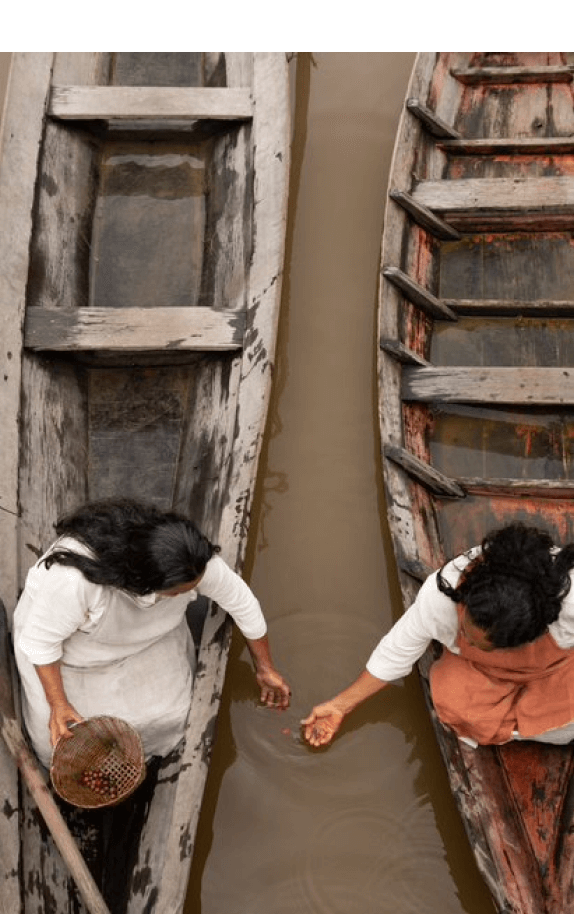
Enhancing social and natural capital
Making use of Amazonian bioassets implies building relationships with communities that live in the forest and make their living from it. In order to formalise business partnerships, Natura often invests in communities' development. This involves:
Providing support for bureaucratic issues
Creating a cooperative, as well as education
Capacity building
The development of best practices for growing, extracting, and processing raw materials.
Community development allows populations to become better suppliers to Natura and other business partners. It also means the possibility of making better profits and staying in their birthplace region, avoiding rural exodus and keeping their connection with the forest.
Further reading
Website: https://www.naturabrasil.fr/en-us/
A circular economycircular economyA systems solution framework that tackles global challenges like climate change, biodiversity loss, waste, and pollution. It is based on three principles, driven by design: eliminate waste and pollution, circulate products and materials (at their highest value), and regenerate nature. in Brazil: an initial exploration
